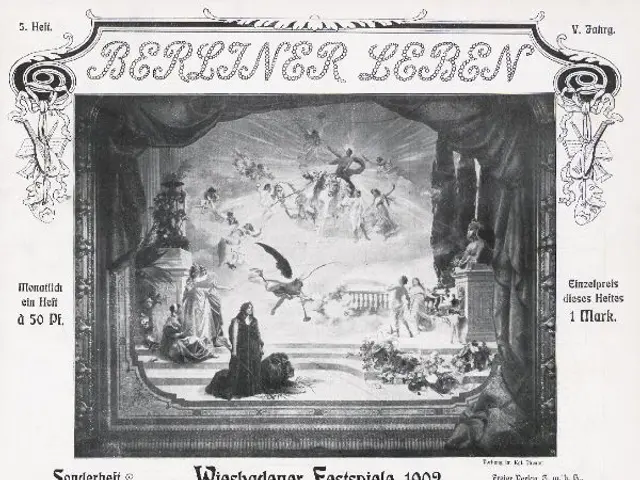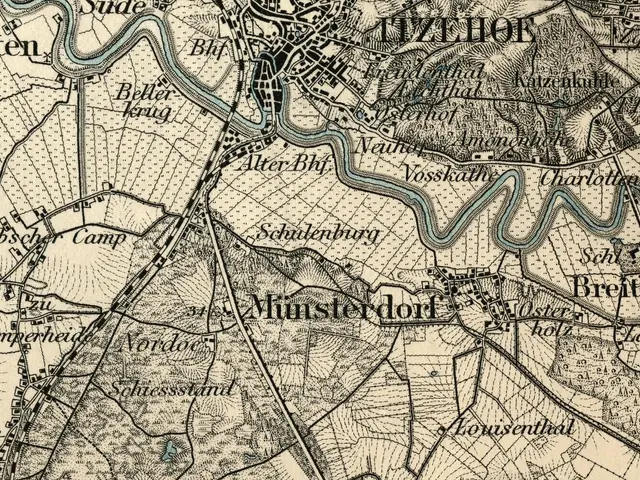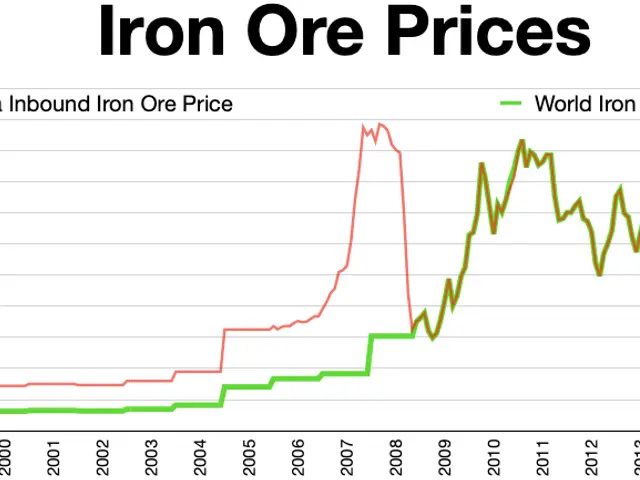AI-Powered Political Advertising: Leveraging Artificial Intelligence in Election Campaigns
In the modern political landscape, Artificial Intelligence (AI) is rapidly becoming an essential tool for political campaigns. This trend is gaining momentum as parties worldwide recognise the potential of AI to revolutionise the way they reach and engage with voters.
AI algorithms can analyse vast amounts of data to micro-target specific groups of people, enabling campaigns to deliver highly personalised and tailored messages based on individual users' interests. This level of personalisation is made possible by machine learning algorithms that understand voter behaviour, political affiliations, and preferences.
One of the key advantages of AI in political advertising is its ability to optimise digital ad campaigns. AI algorithms can automatically adjust bids based on the likelihood that an ad will be seen by its intended target audience, ensuring that campaigns get the most value for their advertising dollars.
AI-generated marketing materials can also help identify influencers willing to spread a campaign's message further across social media platforms. By understanding how users interact with content, AI can optimise social media campaigns for political candidates, tailoring posts to resonate with specific demographics.
The use of AI-generated campaign ads is likely to increase efficiency in political campaign marketing by streamlining processes such as ad creation, optimisation, and measurement. AI-powered video creation tools allow campaigns to quickly produce high-quality videos for digital advertising or other marketing materials.
AI-generated marketing materials can also optimise automated surveys to understand what issues matter most among constituents and what policies they believe will best serve them. This data can be used to inform campaign strategies and messaging, ensuring that candidates are addressing the concerns most important to their potential voters.
AI-powered sentiment analysis tools can provide insights into how potential voters receive campaign messages. By understanding the emotional response to a message, campaigns can adjust their messaging to better resonate with voters.
AI-generated marketing materials can also be used to target potential donors with personalised messages that are tailored specifically for them. This targeted approach can help improve fundraising efforts for political campaigns.
The increased use of AI in political advertising will likely lead to increased transparency. By providing more information about how campaigns target voters and what messages they send out, AI can help ensure that campaigns are accountable for their actions.
While the use of AI in political campaigns has shown promise, it is important to note that its success has been more aspirational and strategic rather than demonstrably successful at a large scale. Parties such as CDU/CSU have actively incorporated AI in their campaigns, but details on specific campaign successes using AI are limited.
In conclusion, the integration of AI into political marketing is transforming the way campaigns are run. By personalising ads, optimising digital ad campaigns, and understanding voter behaviour, AI is helping political campaigns reach their target audience cost-effectively and maintain voter engagement. As AI technology continues to evolve, we can expect to see even more innovative uses of AI in political campaigns in the future.
Read also:
- Late-night host Lawrence O'Donnell responds to Jimmy Kimmel's departure with a discussion on a subject "Donald Trump doesn't wish us to examine"
- EU Member States cast their decisions
- Eighteen-Year-Old Speaks Out Against Lowering Voting Age to Sixteen
- King Charles's body language analyst dissects signs of apparent 'impatience' exhibited by Charles towards Trump








